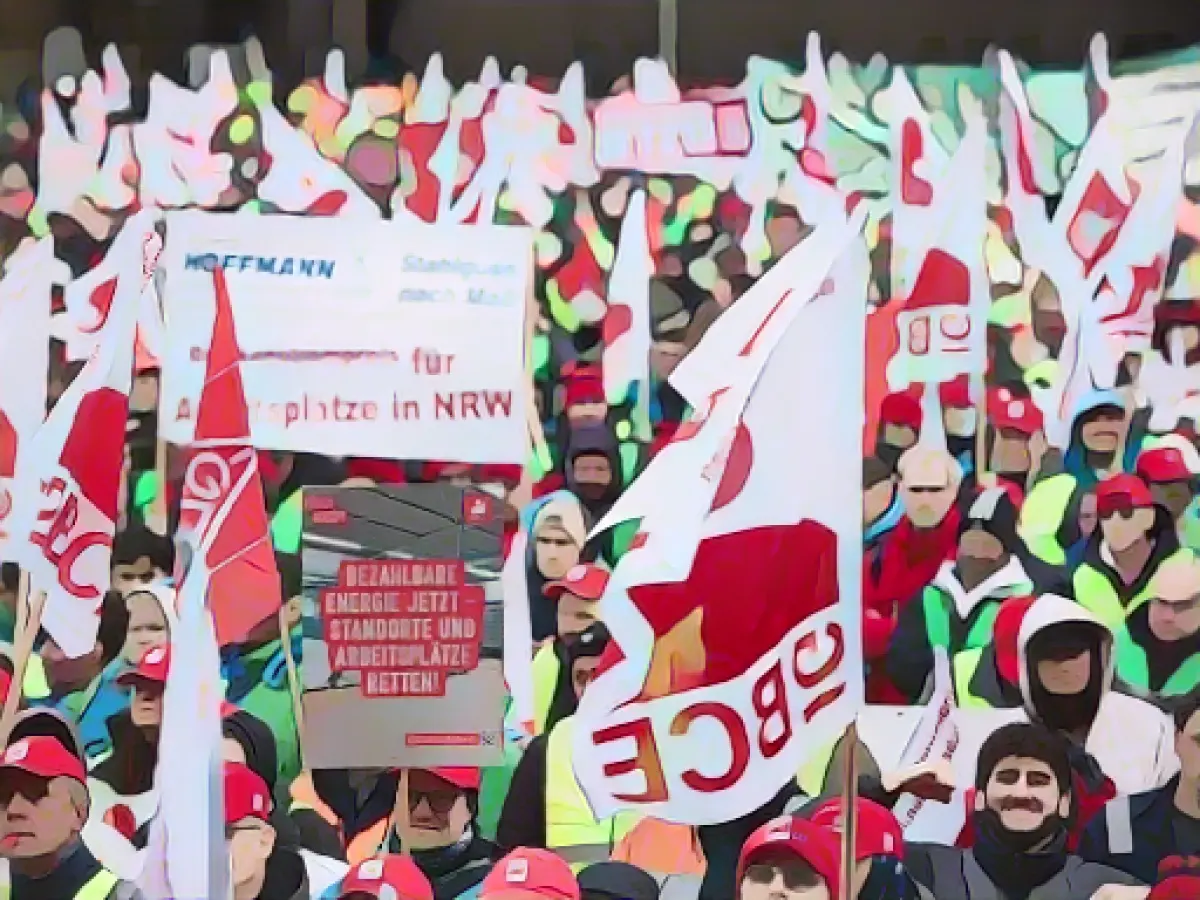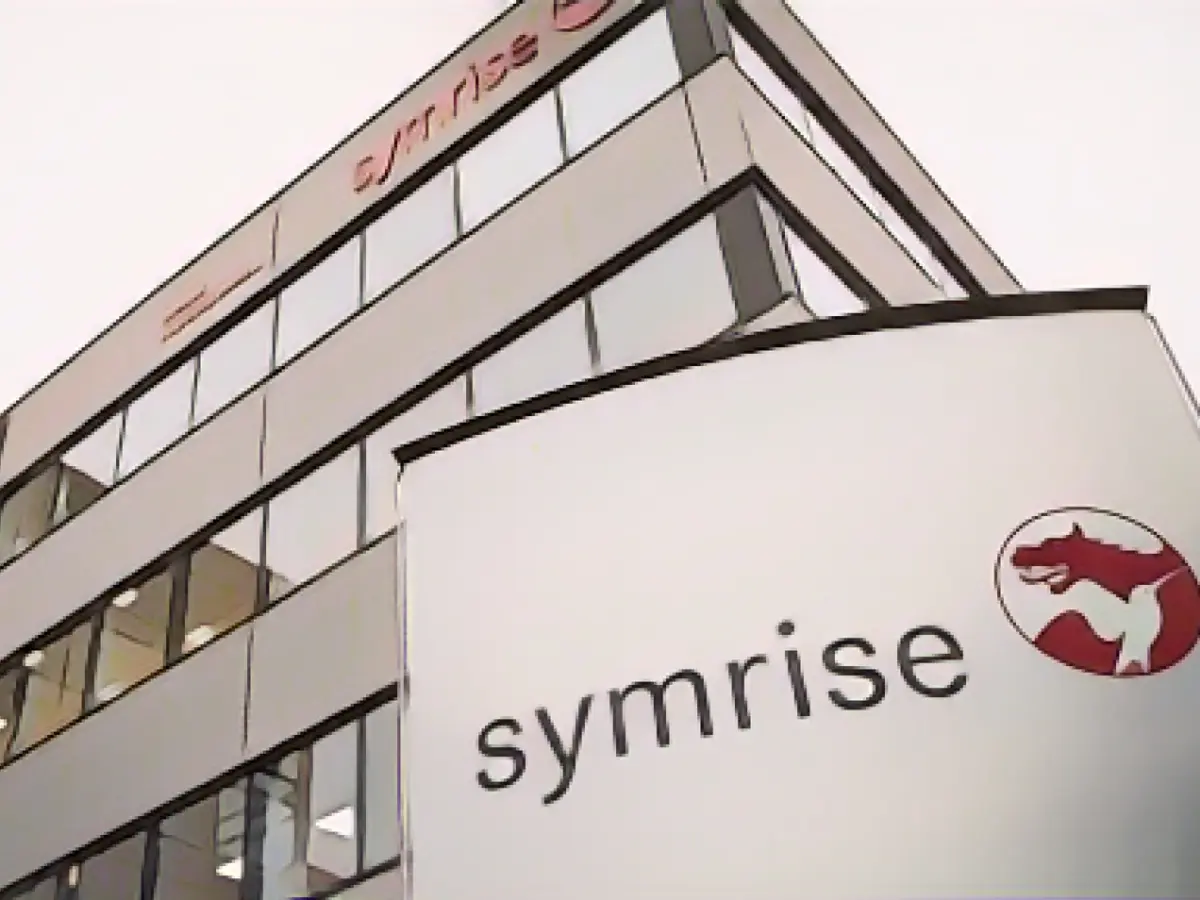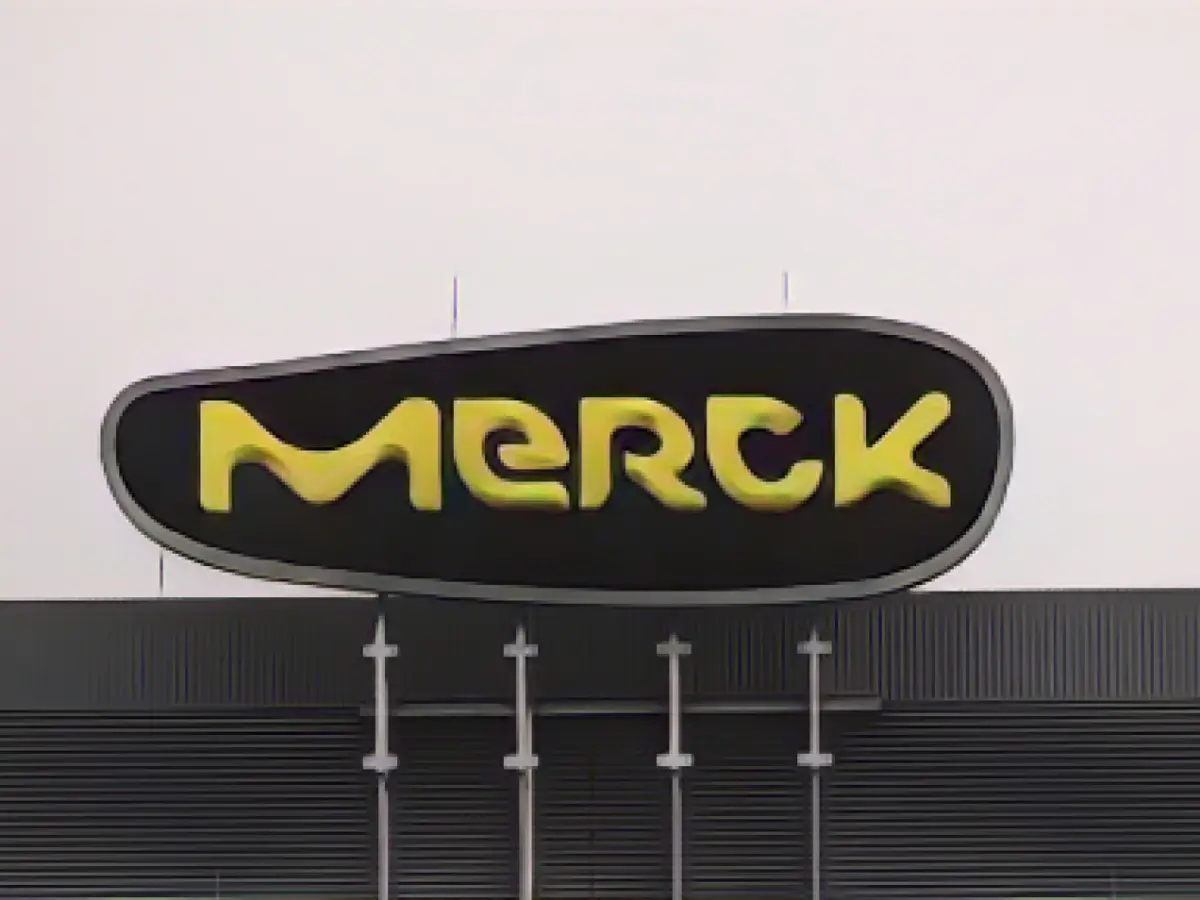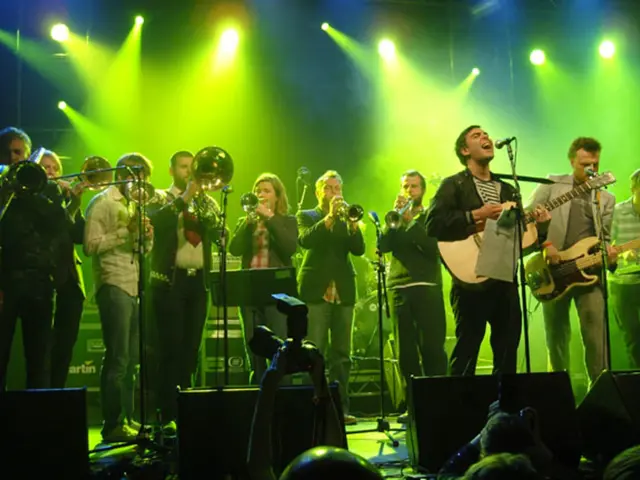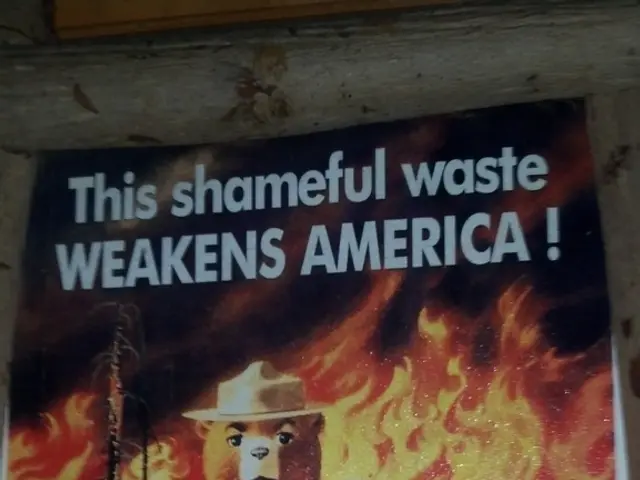Thousands of Workers Rally for Affordable Industry Electricity
Tired of skyrocketing electricity prices, employees from the steel, metal, and chemical sectors took to the streets in various German cities, demanding relief for energy-intensive companies.
The united front, driven by the trade unions IG Metall and IG BCE, encouraged a "Day of Action," with the slogan "Cap electricity prices now." Their plea to the federal government was to temporarily cap electricity prices for affected businesses at five cents per kilowatt hour. The warning bell was less than subtle: job losses and production relocation could be inevitable if changes weren't introduced soon.
Combating the government's recent 'traffic light coalition' electricity price package as inadequate, the trade unions argued that the mandatory debt brake (limiting the budget expansion) hampered investments into green upgrades.
Thousands of protesters gathered in Duisburg around Thyssenkrupp steelworks, while Berlin saw about 2,000 employees rally in front of the Finance Ministry. Gröditz in Saxony and Kehl in Baden-Württemberg also witnessed resistance demonstrations.
"Energy-intensive industries need green electricity at competitive prices for the transformation," IG BCE chair Michael Vassiliadis stated in Duisburg. He appealed for politicians, irrespective of party affiliations, to commit to exempting investments from the debt brake session – ensuring the climate-friendly restructuring of the economy.
Anxiety running high in the steel sector, IG Metall Chairwoman Christiane Benner shared concerns about the impending effects of the Karlsruhe court ruling on the budget. This, she feared, could jeopardize Germany's aim for a climate-neutral future. "Now, more than ever, we need clear signals for a green transition, a clear future for our industry," she declared.
The enterprises' woes were echoed by major players in the industry, including steel manufacturer ArcelorMittal. Despite having applied for billion-euro transformation projects, the company accused the inaction of governmental entities – both local and opposition – for lack of a legally binding funding commitment. The missing decision, according to Managing Director André Körner, posed a significant threat to future industrial production in Germany.
- Energy-intensive sectors demand a capped electricity price of five cents per kilowatt hour for affected businesses.
- The trade unions, IG Metall and IG BCE, criticize the electricity package presented two weeks ago as inadequate.
- ArcelorMittel, a prominent steel manufacturer, expresses worry over missing financial commitments for their transformation projects.
- Vassiliadis and Benner stress the need for governmental cooperation, urging politicians to exempt investments from the debt brake.
- High energy prices following the Karlsruhe ruling, link to concerns in the steel and metal industries.
Relentless Pursuit of Sustainability and Competitiveness
To create a more competitive industrial scene, the German government can consider the following measures:
- Price Support: Introduce price subsidies to provide temporary relief to energy-intensive firms, as advocated by the German industry association BDI.
- Carbon Contracts: Implement the "Carbon Contracts for Difference" scheme, which supports companies switching to more climate-friendly production, using EU funds.
- Renewable Energy Expansion: Boost renewable energy adoption by streamlining approval procedures, boosting grid infrastructure, and investing in new projects.
- Transformative Policy: Develop a comprehensive transition plan that recognizes natural gas as a transition technology, ensuring a stable energy market, and provides relief during the transformation period.
- Fiscal Support: Tweak EU state aid rules to permit investment support in a climate-neutral future, enabling necessitate relief measures for industry.
- Industry Collaboration: Collaborate with trade unions and companies to create targeted sustainability solutions, aligning long-term sustainability goals with immediate challenges.
Implementing these measures could help the German government tackle the issue of high-energy prices, foster a more sustainable industrial landscape, and provide long-term competitiveness.
